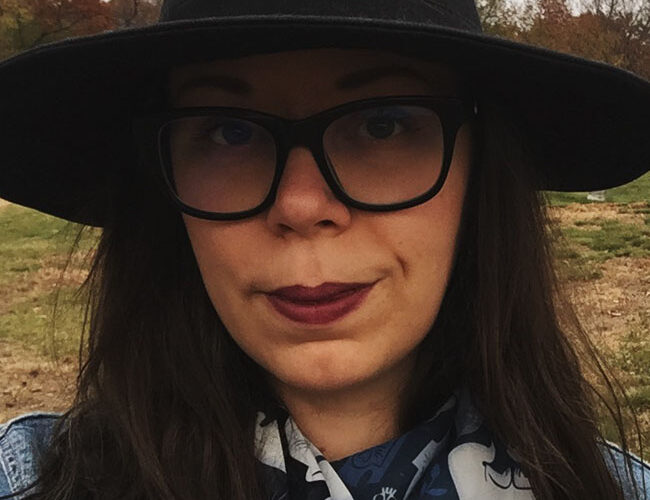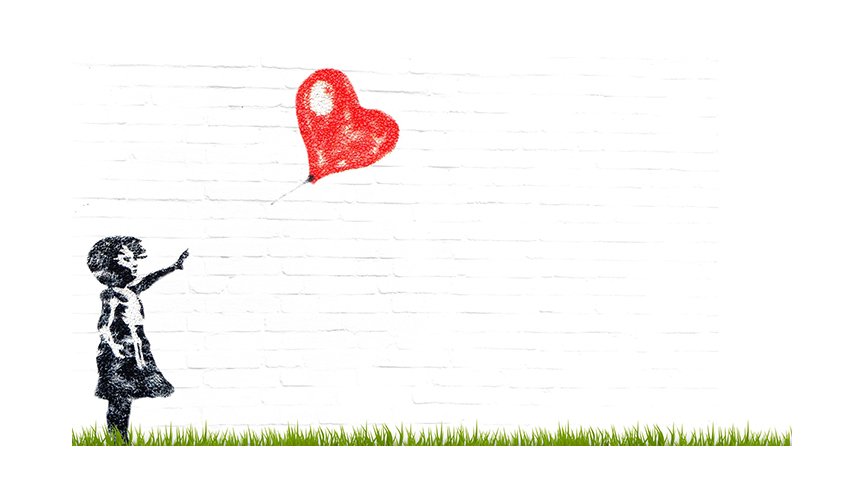As COVID-19 sweeps across the globe, we are faced with the very sudden and very real concept of loss.
Loss, as it is associated with illness, often revolves around the idea of death. And while the thought of losing loved ones to the virus is without a doubt in the forefront of many people’s minds, it is not my intention to discuss that kind of loss.
Instead I want to talk about a different kind of loss: a type of loss that, until recently, did not even have a name. It is an incarnation of loss that is elusive and misunderstood, shadowy by nature and in name.
Shadowloss is any type of loss where there is no dead body present. The term was coined by Cincinnati-based thanatologist Cole Imperi, who says she created the word because “we have a gap in our language for how we can describe certain kinds of loss.”
While shadowloss may be associated with death, most often it is not. It frequently stands on its own and has a complex impact on someone’s life, potentially affecting a person’s status in the community, social network, connections, relationships, sense of identity, and overall well-being.
When a person or a beloved pet dies, it is easy to clearly pinpoint a sense of loss as it relates to that death. It’s harder to describe the losses that arise out of divorce, bankruptcy, infertility, closing a business, losing a career, being rejected from an academic program, estrangement from friends or family, or any number of similar losses in which the death of a loved one is not the focus.
In my community as well as many others, businesses have temporarily shut down as a precautionary measure to prevent the spread of COVID-19. Some have closed completely. Hundreds, if not thousands, of people are suddenly without jobs.
Events have been cancelled. Weddings and vacations have been put on hold. Funerals cannot proceed as they once did.
Schools have closed. The University of Iowa, other universities, and many high schools have cancelled their spring commencement ceremonies, denying many students a meaningful rite of passage.
Even the idea of a simple trip to the grocery store has morphed into an apocalyptic nightmare. Each of these scenarios is just one version of shadowloss created by the emergence of the coronavirus.
It is essential that we not only acknowledge these shadowlosses but to allow ourselves the time and space to grieve them. Why? Because something meaningful is gone and life is forever changed.
Every version of loss is accompanied by grief, which is a normal and natural response to loss of any kind. We understand that when a loved one dies, we can and should grieve that loss. But when a shadowloss occurs and there is no direct evidence of this loss, we may find it difficult to feel as though it’s “okay” to grieve.
While there are some “typical” responses to grief, there are no absolutes. Grief is individual and unique. There are no reactions so universal that all, or even most, people will experience them. There are no stages. There are no rules. Grief is feral and wild and refuses to be neatly categorized or tamed.
It is important to recognize that there is no correct way to grieve. Read that again: there is no correct way to grieve.
Our culture is not comfortable with grief. As a result, most of us don’t have the tools or information to make appropriate choices in response to loss. Many who experience loss suffer not just from the loss itself, but also from the concern that something is “wrong” with their way of coping.
This is due in part to misinformation we as a society have been conditioned to believe about grief. Be strong, we are often told. Time heals all wounds.
Strength or not, some wounds unfortunately cannot be healed. Some wounds become part of us. Instead of expecting them to fully heal with time, we must find ways to integrate them into our new reality.
As much as we might wish for it, there is no going back to the way things once were. We must learn to not only accept the loss, but also the “new normal” that comes along with it.
Adapting to grief looks different for everyone. It will vary depending on who we are and what we lost. But for all of us, the first step is to recognize the loss, and the chain reaction of losses that occur in its wake.
Loss is difficult, painful, and creates a void. While we need to acknowledge and grieve loss, we cannot be consumed by it. If you do find yourself obsessing over losses, try redirecting your grief by listing your losses and allowing time and space to mourn each one. Cry, scream, lament. Wail to the heavens and pound your fists upon the earth.
Then, get up, wipe away the tears, and start cataloging your abundance — whether it is of dried beans, toilet paper, or the time to look inward and be with family. FInd ways to channel your grief into art, journaling, or serving the greater good.
Offer support when and where you can. And if you can’t, that’s ok too. Open yourself to the support and comfort of those who can. You have no obligation to do or be anything beyond your current capability.
What I find most inspiring in the midst of this pandemic is that while we are taking personal accountability by distancing ourselves from others, it is bringing us closer in many ways.
We’re checking in on each other, taking care of each other, reaching out digitally, and sharing more of ourselves than we do under ordinary circumstances. I’m so proud to be part of a community that respects and cares for one another the way my community does.
“We are in this together” is not simply a platitude offered as empty comfort. It is Truth. It is the New Way. And in spite of all we’ve lost, it is what we have gained.



